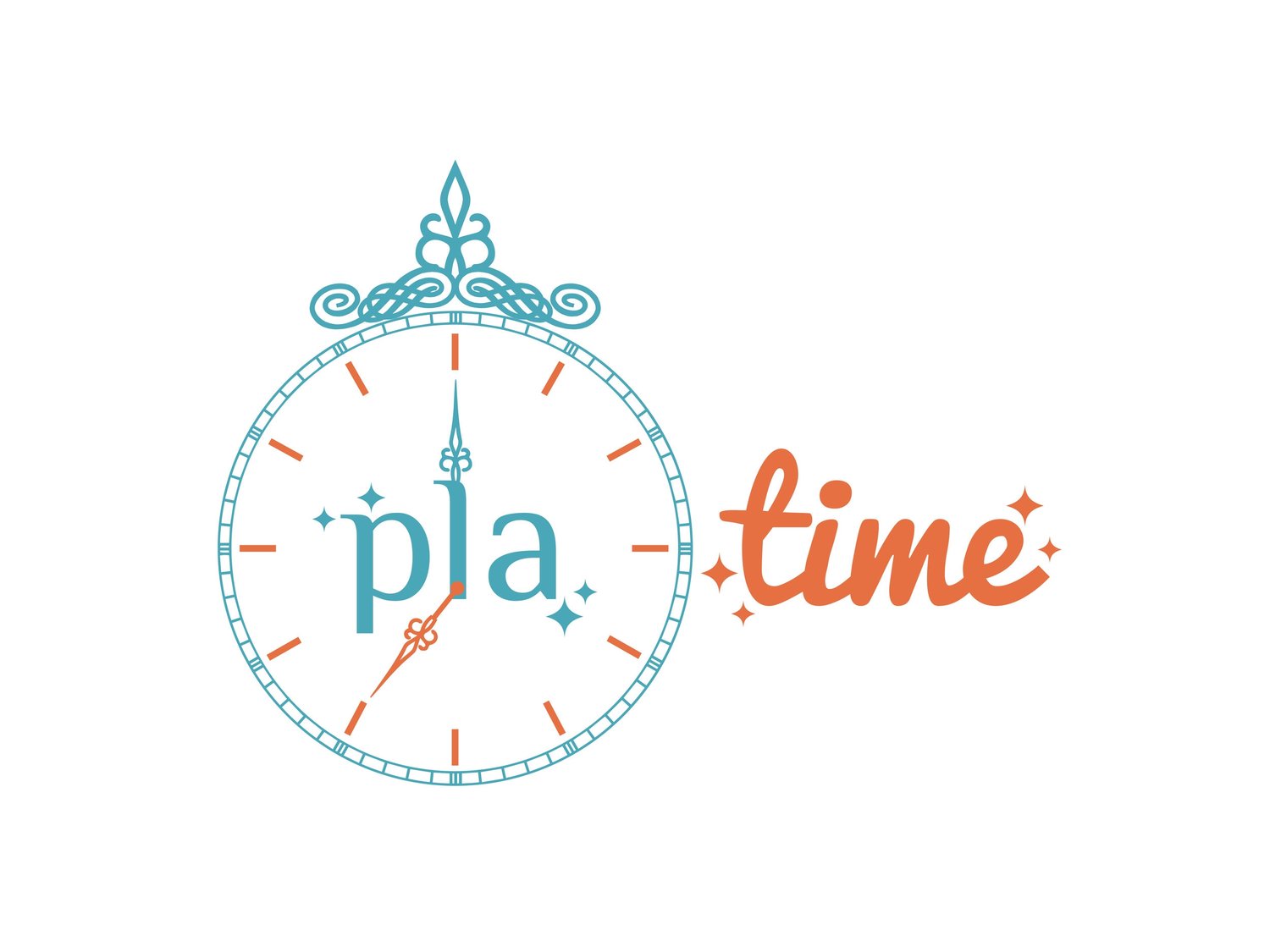© 2017 www.PLAtimebox.com
As I was riding with my youngest the other day en route to pick up her brothers, she says with a gentle sigh, “Mom, I miss Faith.” Faith was our 14-year-old Golden Retriever that passed more than 2 years ago. This quick comment reminded me that kids miss people/pets and often need help processing those feelings. Building their emotional vocabulary will often help them communicate more effectively and help resolve issues that occur as they feel the weight of a missed connection. Often when kids can’t express these feelings they might act out in other areas as they seek to move past missing a loved one.
I have recently been learning from foster families and have specifically discussed “missing” with some foster parents. While foster and adopted children are often so happy to be in safe and loving new environments, they can still feel a loss and feelings of missing their biological parents can overtake them on certain days or just in unexpected moments. Communicating this can be hard for the child. Letting them know we miss people too and that it is totally normal to feel this can do wonders.
I can understand this to some degree as a child of divorce. When I was 3 my heart was stretched over a 4 hour drive distance; being with one parent at a time meant this feeling was a regular companion- even at the most exciting events. I eventually came up with some private ways I could focus on the joy I received from little things with each parent, keeping the draining feelings of sadness or anger from stealing the enjoyment completely.
The truth is all children are going to experience this feeling of loss in their lives. It may be from death- the passing of a pet, friend, grandparent. It could be due to a move or school’s redistricting. The PLAtime Emotions box provides a brainstorm of tangible activities for parents or other caregivers to come alongside their children when this emotion occurs. However, I wanted to add some more here.
1. Squeeze love into a stuffed animal or ball and mail it to the missed one or to someone else who loved them.
2. Write their favorite Scriptures on rocks and leave them in public places. Add (in honor of _______________)
3. Google fun sayings about seasons and write them on cards, rocks, or wood craft pieces, put them with a new pair of socks and take to a nursing home or take them to a homeless shelter. (Add the “in honor of____________) If contact is possible with the missed person decorate while on the phone together or drop the items while on the phone together.
4. Use a dry erase marker and write their favorite quote or funny things they used to say on a window. Sometimes business / restaurant owners will let you do this on a window especially if it was a favorite of the person. Or post them to social media for others to see.
5. Go on a “smile” hunt! See how many people you can get to smile back at you in a public place. Set a timer for 3 minutes and count that number in honor of the missed person.
6. If missing a pet, let your child take some treats to neighbors or teachers with pets in honor of the pet. Or take donations to a shelter.
7. When you miss someone, share with your child that you are missing them and ask them to join you to go to a library, for a walk/run, or feed some ducks or birds with you because that person liked to do that. Let them authentically see when you miss people too! If that person has passed away and they were strong in praying for others, talk about how we can pray for others to carry on how they served that role so well. Think of someone they would pray for and pray for that person.
8. If missing a place, go together on a hunt to find new favorite spots in a new city. You can even make a fun chart to rate places you try and see how long one place stays in the top spot. Guard room in your finances and time budgets to do these visits at least every two weeks. Librarys, parks, museums, and local shops are great places to start. Check out the local chamber of commerce for suggestions.
May we grow to remember with joy over sadness and PLA well!


